The Complex World of Makeup Manufacturing: A Comprehensive Exploration
Related Articles: The Complex World of Makeup Manufacturing: A Comprehensive Exploration
Introduction
With enthusiasm, let’s navigate through the intriguing topic related to The Complex World of Makeup Manufacturing: A Comprehensive Exploration. Let’s weave interesting information and offer fresh perspectives to the readers.
Table of Content
The Complex World of Makeup Manufacturing: A Comprehensive Exploration

The world of makeup is a vibrant tapestry woven with color, texture, and innovation. Behind this vibrant façade lies a complex industry – makeup manufacturing. It encompasses a vast array of processes, from sourcing raw materials to meticulously crafting formulas and ensuring stringent quality control. This article delves into the intricacies of this industry, providing a comprehensive understanding of its significance, the challenges it faces, and the future it holds.
Understanding the Makeup Manufacturing Process
Makeup manufacturing is a meticulous process that requires a blend of science, artistry, and regulatory compliance. It typically involves the following key stages:
1. Formulation and Development:
This stage involves the creation of the makeup product’s formula. It begins with meticulous research and development, where chemists and formulators experiment with different ingredients and ratios to achieve desired properties like texture, color, and longevity.
2. Raw Material Sourcing:
The quality of raw materials is paramount in makeup manufacturing. Manufacturers source ingredients from various suppliers, carefully vetting each for purity, safety, and sustainability. These materials include pigments, binders, oils, waxes, preservatives, and other specialized components.
3. Manufacturing and Packaging:
Once the formula is finalized, the manufacturing process begins. This typically involves mixing, grinding, and blending ingredients to create the desired consistency and texture. The product is then packaged in containers, often with intricate designs and branding.
4. Quality Control and Testing:
Rigorous quality control measures are implemented throughout the manufacturing process. This includes testing for color consistency, texture, stability, safety, and compliance with regulatory standards.
5. Distribution and Marketing:
Once the product passes quality control, it is distributed to retailers and wholesalers. Marketing campaigns are launched to promote the product to consumers.
The Importance of Makeup Manufacturing:
Makeup manufacturing plays a vital role in the global economy, contributing to job creation, economic growth, and innovation. It is a key driver of the beauty and personal care industry, offering consumers a vast array of products that enhance their appearance and boost their confidence.
Challenges Faced by Makeup Manufacturers:
Despite its importance, the makeup manufacturing industry faces numerous challenges:
- Regulatory Compliance: The industry is subject to stringent regulations concerning safety, efficacy, and labeling. Manufacturers must navigate a complex web of regulations, ensuring their products meet all requirements.
- Sustainability and Ethical Sourcing: Consumers are increasingly demanding sustainable and ethical practices. Manufacturers face pressure to source ingredients responsibly, minimize their environmental footprint, and ensure fair labor practices.
- Innovation and Competition: The makeup industry is highly competitive, with constant innovation and new product launches. Manufacturers need to stay ahead of the curve, developing new technologies and formulas to meet evolving consumer demands.
- Global Supply Chains: Sourcing raw materials and managing global supply chains can be challenging, especially in times of geopolitical instability or natural disasters.
- Consumer Preferences: Consumer preferences are constantly changing, driven by trends, social media, and evolving beauty standards. Manufacturers must be agile and responsive to these shifts.
FAQs by Makeup Manufacturers:
Q: What are the key considerations when formulating a new makeup product?
A: Formulation considerations include desired texture, color, longevity, skin compatibility, and regulatory compliance. Manufacturers must balance these factors to create a product that performs well and is safe for consumers.
Q: How do makeup manufacturers ensure the safety of their products?
A: Manufacturers conduct rigorous testing to ensure the safety and efficacy of their products. This includes microbial testing, stability testing, and patch testing to assess potential allergic reactions.
Q: What are the latest trends in makeup manufacturing?
A: Trends include clean beauty, vegan formulations, sustainable packaging, personalized makeup, and the use of innovative ingredients like plant-based pigments and biocompatible polymers.
Q: How do makeup manufacturers address concerns about sustainability?
A: Manufacturers are adopting sustainable practices such as using recycled packaging, reducing water consumption, sourcing ingredients from sustainable sources, and minimizing waste.
Tips by Makeup Manufacturers:
- Stay informed about regulatory changes: Manufacturers must keep abreast of evolving regulations to ensure their products remain compliant.
- Invest in research and development: Continuous innovation is crucial to stay competitive. Manufacturers should invest in research to develop new technologies and formulas.
- Prioritize sustainability: Consumers are increasingly demanding sustainable practices. Manufacturers should adopt eco-friendly processes and source ingredients responsibly.
- Embrace digital marketing: Utilize digital platforms to reach consumers, build brand awareness, and engage with target audiences.
- Foster strong relationships with suppliers: Reliable suppliers are essential for a smooth manufacturing process. Build strong partnerships with trusted suppliers.
Conclusion by Makeup Manufacturers:
Makeup manufacturing is a complex and dynamic industry that plays a vital role in the global economy and the lives of consumers. By navigating challenges, embracing innovation, and prioritizing sustainability, makeup manufacturers can continue to deliver high-quality products that enhance beauty and empower individuals. The future of the industry holds exciting possibilities, with new technologies, innovative formulas, and a growing focus on ethical and sustainable practices shaping the way makeup is created and consumed.
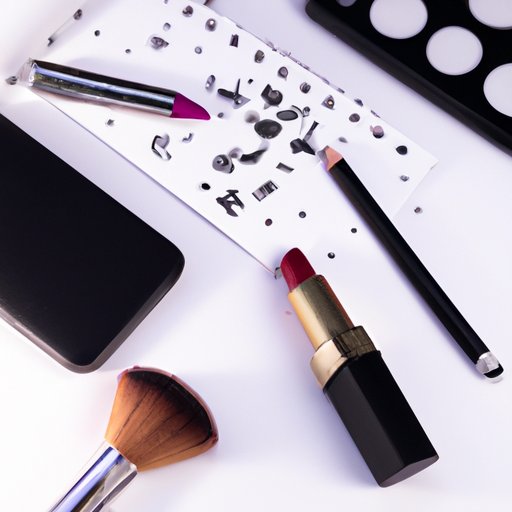

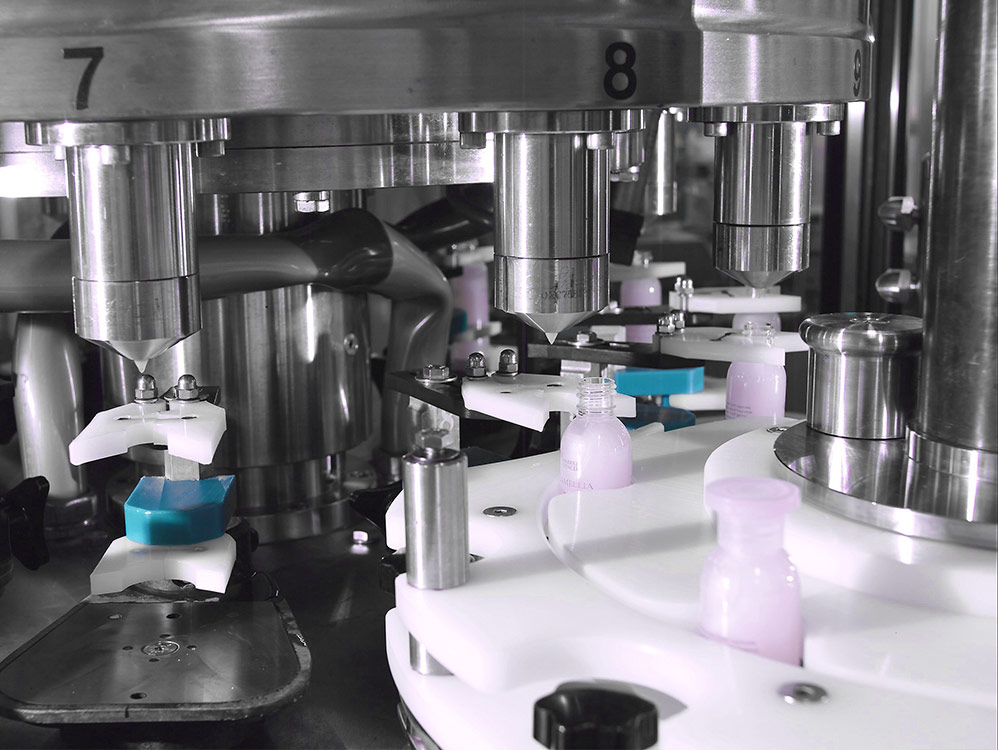
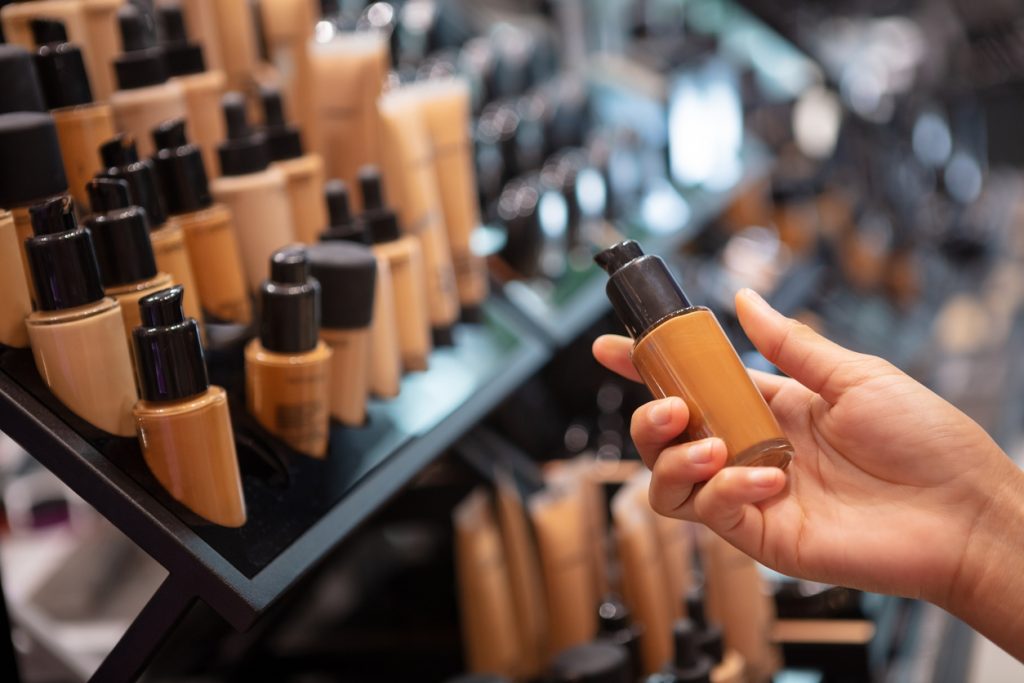

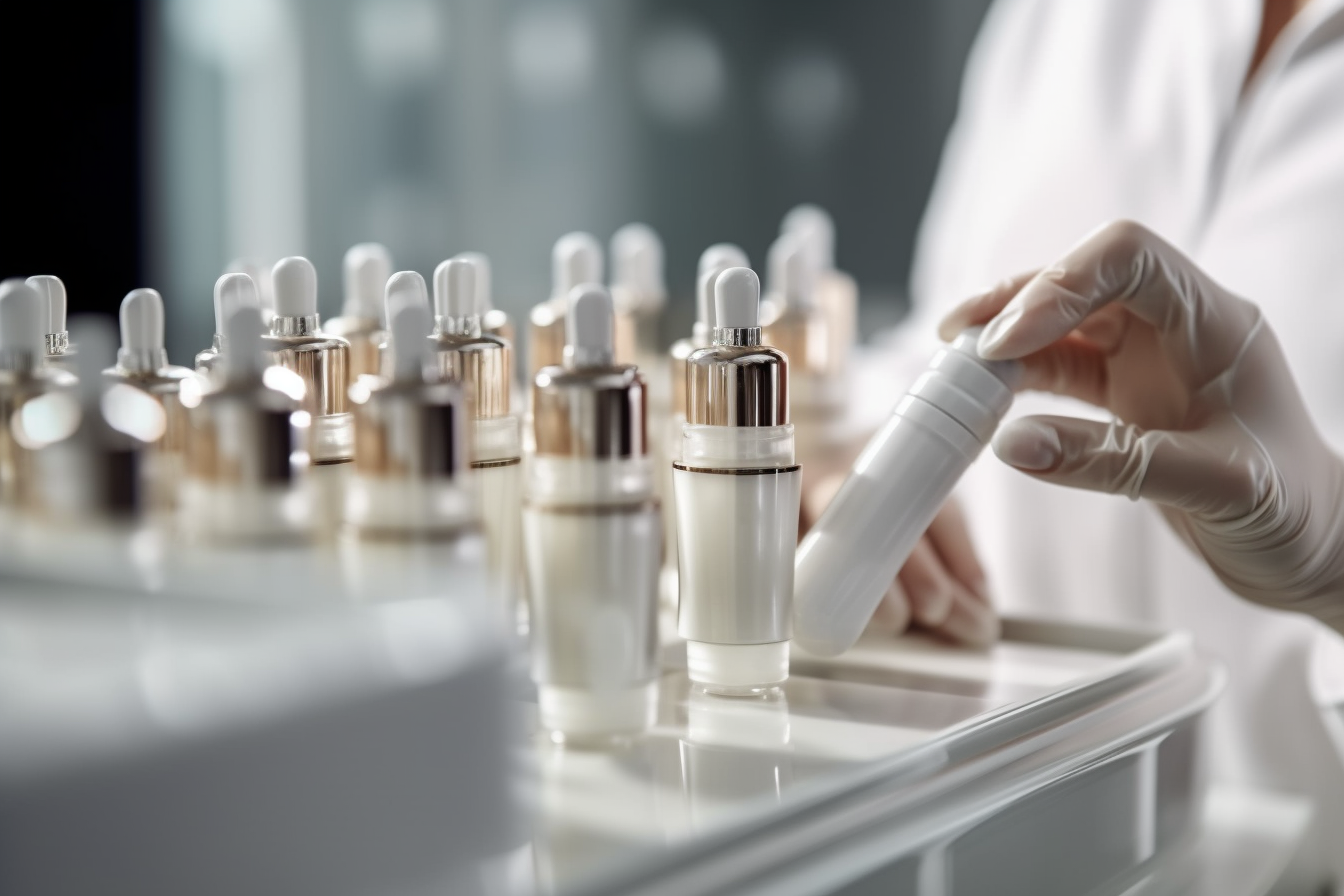
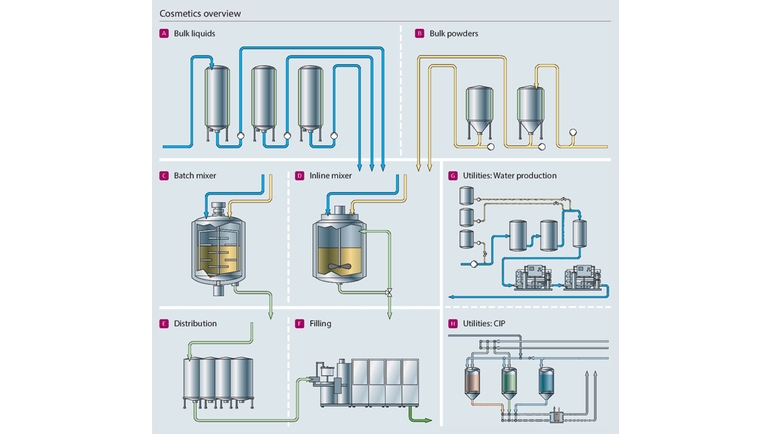
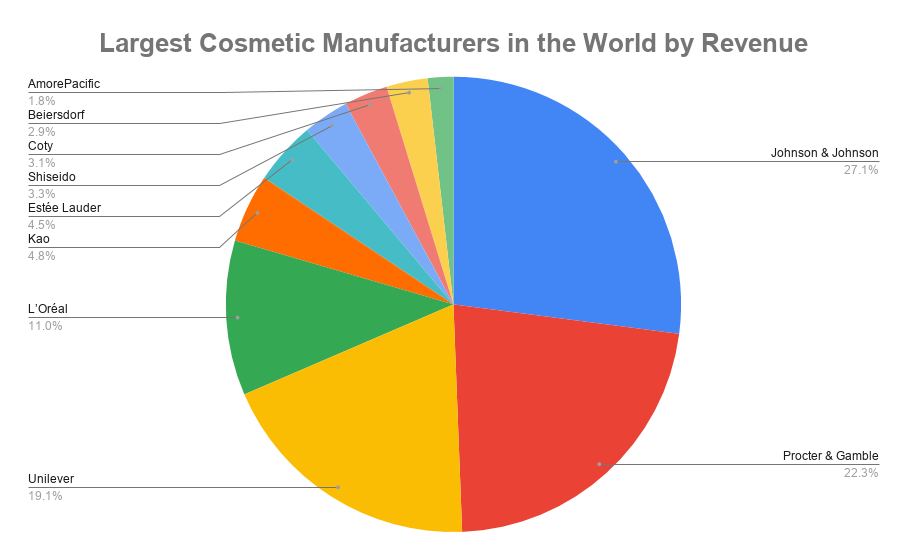
Closure
Thus, we hope this article has provided valuable insights into The Complex World of Makeup Manufacturing: A Comprehensive Exploration. We hope you find this article informative and beneficial. See you in our next article!